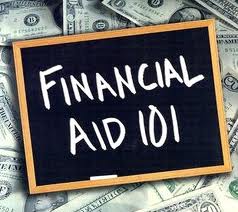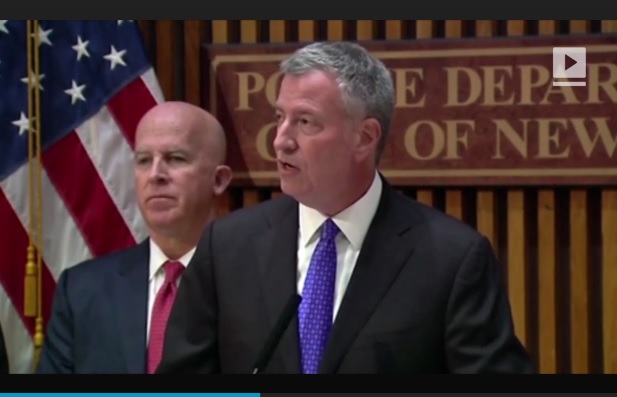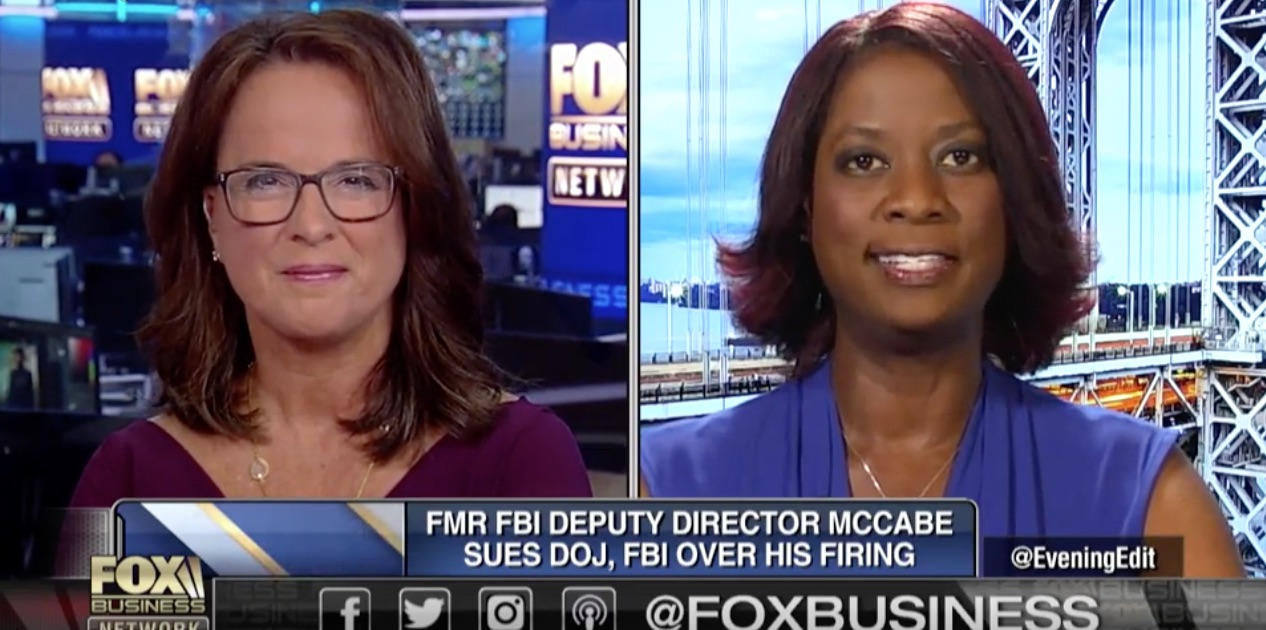Here’s the Real Reason College Tuition Keeps Increasing

This week seems to be the conservative “I told you so” week. As predicted, minimum wage hikes led Chipotle to raise its prices to offset labor costs in San Francisco, and now economists have concluded that subsidizing college tuition leads to increased tuition costs.
The Washington Examiner reports:
Increasing federal student aid leads colleges to raise tuitions, offsetting the benefit to students, according to new research published by economists with the Federal Reserve Bank of New York. The new analysis finds that the majority of an increase in subsidized student loans or grants translates to higher tuitions, and that at least in the short run, added loans do not boost enrollment.
“[W]hile one would expect a student aid expansion to benefit recipients, the subsidized loan expansion could have been to their detriment, on net, because of the sizable and offsetting tuition effect,” write David Lucca and Karen Shen of the New York Fed and Taylor Nadauld of Brigham Young University.
The study is evidence in favor of the so-called “Bennett Hypothesis,” formulated by Reagan Department of Education Secretary William Bennett, that increases in government student aid allow universities to “blithely” increase tuition without losing students. It is one of the few such data points in the ongoing debate over federal policy and the $1.1 trillion plus in aggregate U.S. student debt that has accumulated as tuitions have soared.
The researchers find specifically that a dollar of added Pell Grants or an added dollar of subsidized direct loans translate to 55 cents and 65 cents in higher tuition, respectively.
This study confirms a longstanding conservative belief that colleges and universities will simply manipulate government-backed student aid, raising their prices and increasing their bottom line because they know the government will have to increase their aid funding to keep up. The federal government is enabling unaffordable education and creating a bubble in higher education not unlike the housing market, and sooner or later, it’s going to have to pop.







